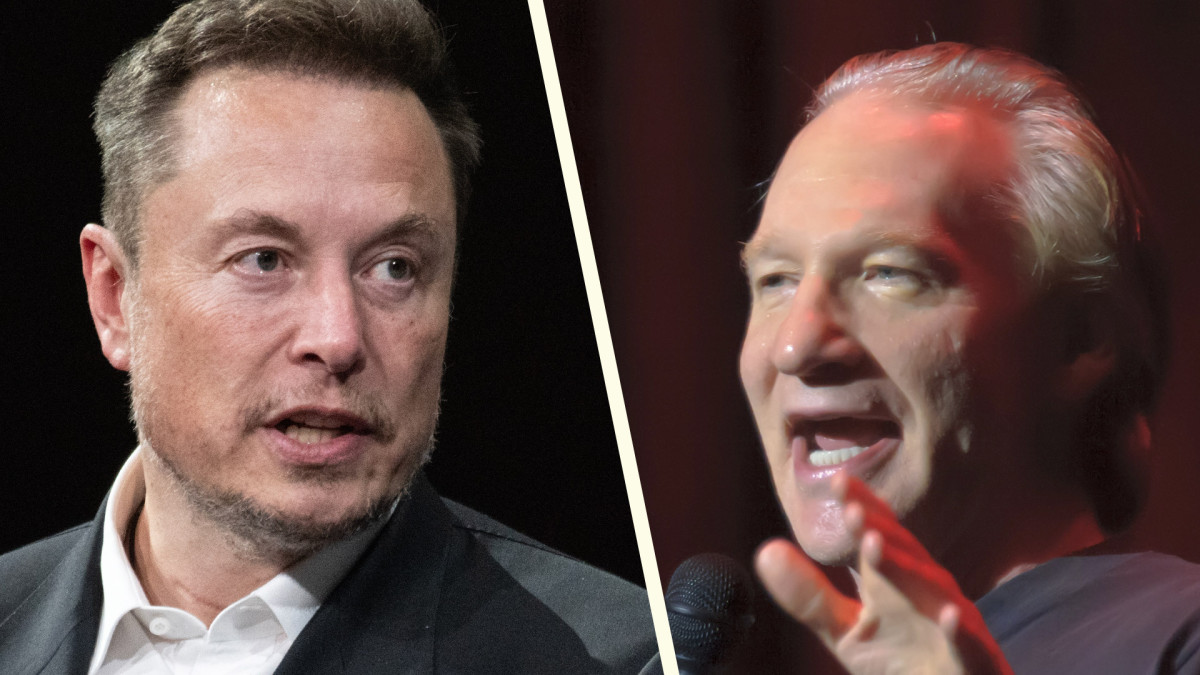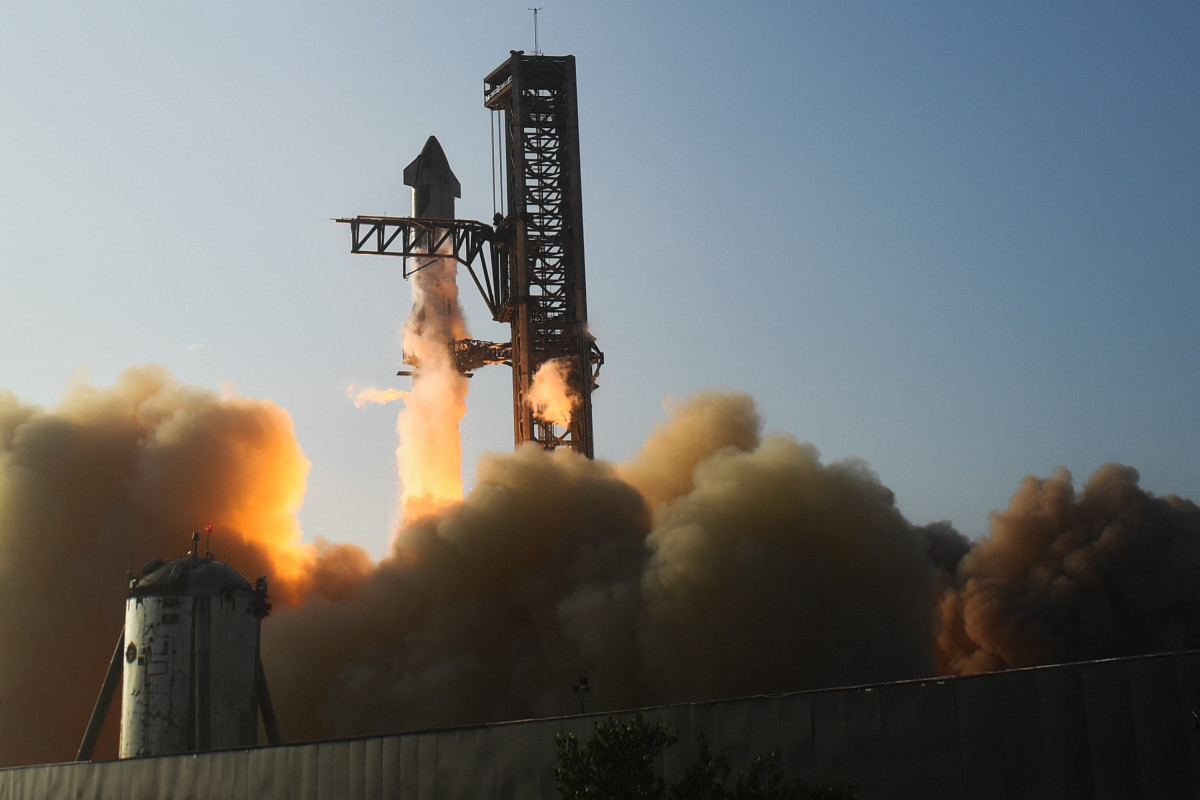
Bill Maher, concluding the latest episode of his show "Real Time," offered up another New Rule: The network of regulators that exist within U.S. bureaucracy seems designed to make sure "nothing ever happens."
"It's not that America isn't able to get anything done," Maher argued. "It's that we're not allowed to."
Environmental-impact statements, for example, used to run a few dozen pages and took a couple of weeks to complete, according to the Regulatory Transparency Project. By 1998, the organization says, the average report took three years to put together. As of 2016, it was five years.
Related: Elon Musk's SpaceX is making bold moves despite one red flag
"Environmental reviews are not the only thing holding back new infrastructure in the United States, but one thing is certain: Hundreds of projects across the United States cannot be started until these ever-lengthening NEPA reviews are completed," the organization stated.
Environmental considerations, Maher said, are important. But they and other regulatory hurdles have become so intensive that they are hurting political causes, rather than helping them.
"Environmental-impact statements used to be a few pages long," Maher said. "Now they're thousands of pages, with thousands of bureaucrats filling out millions of paper forms that kill hundreds of forests to answer the question: Is this good for the environment?"
"America," Maher said, is "becoming Gulliver, the giant that got tied down with a thousand tiny ropes."
It's a position with which SpaceX Chief Executive Elon Musk agrees.
Related: Elon Musk says SpaceX Starship is ready to launch; regulators don't agree
SpaceX's battle with the FAA
"Every year that passes comes with more rules," Musk wrote in response to Maher's editorial. "And while all humans die, laws and regulations are immortal. So each passing year, we tie ourselves down with more and more strings, until, like Gulliver, we can no longer move."
This comes several weeks into SpaceX's ongoing battle with the Federal Aviation Administration to gain approval to send Starship up on a second test flight.
After the administration's September conclusion of its standard mishap investigation, the organization predicted that Starship would be ready to fly by mid-October, a soft deadline that has come and gone.
Part of the ongoing regulatory examination involves a review of the rocket's water deluge system by the U.S. Fish and Wildlife Service, a process that regulators said in September could take up to 135 days to complete.

Musk said Sept. 7 that the rocket was "ready to launch." Starship has been stacked on the launchpad and ready to go ever since.
An FAA spokesperson told TheStreet Oct. 25 that there were no updates to the ongoing review process.
On Oct. 18, executives from several U.S. space companies, including SpaceX, testified before a congressional hearing to explain issues with the FAA, which was not invited to testify.
“The FAA has neither the resources nor the flexibility to implement its regulatory obligations,” SpaceX's Bill Gerstenmaier, vice president of build and flight reliability, said.
The FAA said in a statement that it was working to increase its staff to meet the demand offered by the growing industry.
Musk, frustrated by the holdup, said Sept. 20: "It is absurd that SpaceX can build a giant rocket faster than they can shuffle paperwork!"
Related: Elon Musk's latest SpaceX move draws the ire of telecom giants
Get investment guidance from trusted portfolio managers without the management fees. Sign up for Action Alerts PLUS now.







